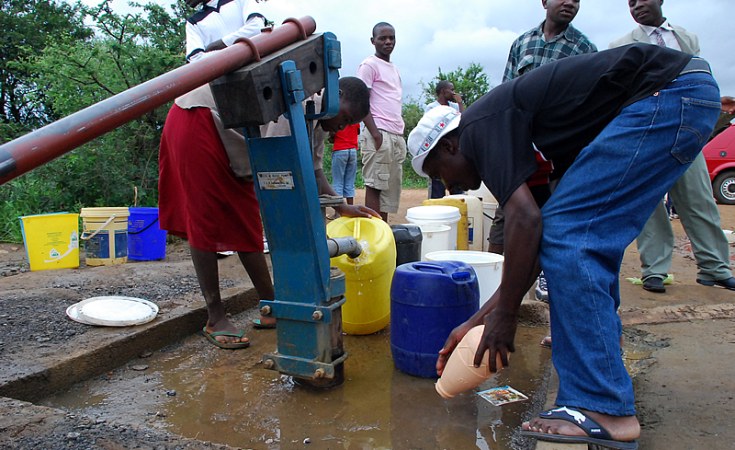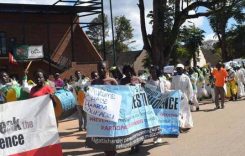Claim: A public notice circulating on Zimbabwe’s different social media platforms claiming to have emanated from the Upper Manyame Sub-Catchment Council (UMSCC) revealing the presence of E.coli bacteria in boreholes tested by the council.
Is this true or false?
Verdict: True
Was E. coli detected in Harare’s boreholes
The Upper Manyame Sub-Catchment Council (UMSCC), a statutory water management body, claimed ownership of the notice circulating on social media warning residents of potential borehole contamination following water quality tests.
The notice warned that water quality testing which was conducted by UMSCC revealed the presence of E.coli bacteria in boreholes located in the following areas:
- Mt Pleasant
- Avondale
- Glen View
- Lyton Industry
- Mbare
- Eastlea
- Greendale
- Budiriro
- Waterfalls
- Eyecourt
- Chitungwiza
- Hopley
- Norton
What is E.coli bacteria?
The World Health Organisation says Escherichia coli (E. coli) is a bacteria that is commonly found in the lower intestine of warm-blooded organisms. Most E.coli strains are harmless, but some can cause serious food poisoning.
Recommended Action by UMSCC
- Do not drink, cook, or wash with untreated water from boreholes or other sources in the listed areas.
- Use Aqua tablets to treat your borehole water
- Boil all water for at least one minute before consumption, even for brushing teeth or preparing food
- Get your borehole water tested by a reputable laboratory to confirm its safety.
Sources
Upper Manyame Sub-Catchment Council (UMSCC)
The World Health Organisation
Related Content
Do you want to use our content? Click Here












